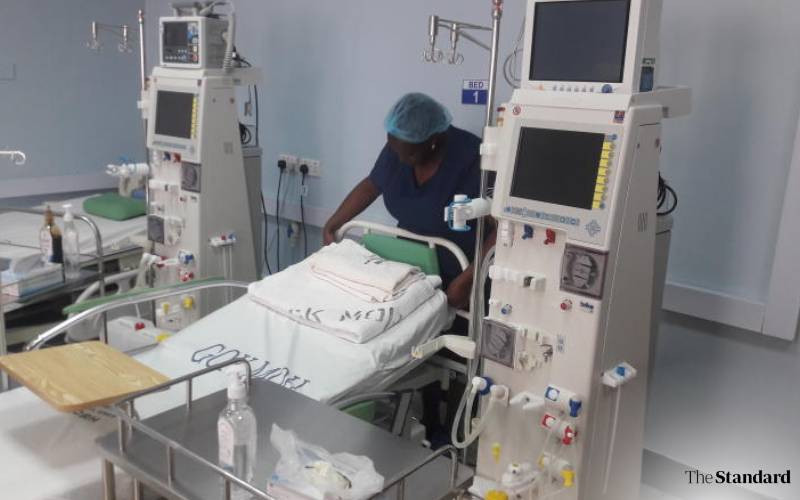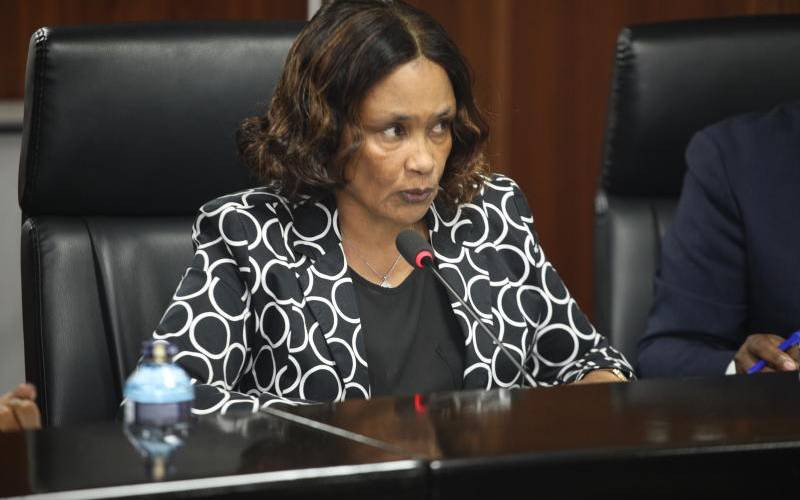The government will reduce the cost of medication for diabetes patients by 50 per cent to address the rising number of cases in the country.
The number of individuals living with diabetes has surged from 800,000 to an estimated 2 million. This reduction in treatment costs is expected to help manage the increasing prevalence of the disease.
This announcement was made during the 10th Annual Kenya Diabetes Study Group (KDSG) Scientific Conference held at Lake Naivasha Resort.
The KDSG reported that the prevalence rate of diabetes has climbed from 3.1 per cent to 10 per cent, primarily due to a lack of screening.
Dr Ouma Oluga, the Principal Secretary for Medical Services, stated that the high cost of diabetes treatment is one of the major challenges facing patients.
He explained that the Ministry of Health is collaborating with manufacturers of diabetic products and medications to lower treatment costs by approximately 50%.
“Among the non-communicable diseases, diabetes is key because of medication expenses, and we aim to significantly reduce these costs,” he said.
In a press statement on the sidelines of the conference, Dr Oluga highlighted that over 800,000 people in the country are living with diabetes, with more than 54 per cent undiagnosed.
He mentioned that globally, around 54 per cent of diabetes cases remain undiagnosed, leading to an estimated 2 million Kenyans who are either pre-diabetic or living with diabetes.
To tackle this rising number, the PS mentioned that the government is working closely with 107,000 newly hired community health promoters.
“The Ministry of Health is focused on the prevention, screening, diagnosis, and management of diabetes,” he said.
Rosylene Ngugi, President of the Kenya Diabetes Study Group, expressed her concern over the increasing number of individuals living with diabetes.
She noted that the prevalence rate has escalated since the outbreak of COVID-19 and now stands at around 10 per cent.
Dr Ngugi attributed the rise in diabetes cases to a lack of screening, sedentary lifestyles, and physical inactivity.
Stay informed. Subscribe to our newsletter
“The average Kenyan only seeks screening when they already have a problem, so we need to educate people about this disease,” she emphasised.
She also mentioned that the Kenya Diabetes Study Group is currently training community health promoters and healthcare practitioners on non-communicable diseases.
“We must focus on preventive services to reduce complications, and we urge the government to ensure there is an adequate supply of medications,” she said.
[email protected]

























